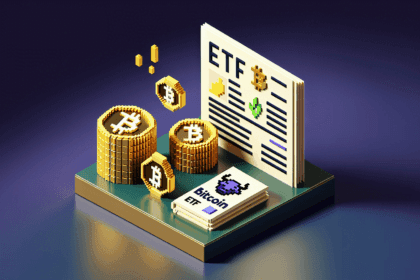As the focus turns toward web3, scalability is becoming a challenge for blockchain networks, preventing them from matching traditional financial systems.
Advanced cryptographic techniques like zero-knowledge proofs (ZKPs) and scaling solutions such as ZK rollups are emerging as key solutions.
ZK rollups bundle thousands of transactions off-chain, reducing the main blockchain’s data load while offering a high level of privacy and faster finality times.
Experts like Vitalik Buterin believe ZK rollups could become central to blockchain scalability strategies. The Ethereum co-founder has written extensively on the subject.
Buterin endorses Zero-Knowledge Rollups due to their potential for higher throughput and immediate transaction finality.
Other industry experts like Eli Ben-Sasson of StarkWare, Alex Gluchowski of zkSync, and Barry Whitehat from the Ethereum Foundation also champion zk-rollups for their scalability and security benefits.
But are ZKPs the final piece of the scalability puzzle?
According to Mike Voronov, Head of R&D at Fluence, the answer is more complex. ZKPs require intense computation for proof generation and verification.
Voronov explains, "It cannot be universally said that ZKPs are the ultimate solution in every possible situation […] not to mention the higher complexity involved in researching and implementing ZK protocols."
Voronov pointed out that fraud proofs, used in Optimistic Rollups, offer a comparable balance of performance and security.
Fraud proofs validate off-chain transactions when suspicious ones are challenged and reassured on the main chain, offering a less resource-intensive approach.
However, the strength of ZKPs lies in their cryptographic guarantees, which Optimistic Rollups lack.
"Compared to other scalability solutions such as optimistic rollups, sharding, fraud proofs, and state channels, ZKP-based solutions usually provide stronger cryptographic guarantees and impose a lower economic and infrastructure burden on-chain," Voronov said.
Francisco Leal, CTO of Talent Protocol, agreed, highlighting the maturity and promise of ZK technology demonstrated by projects like zkSync and Starknet.
Leal noted that Optimistic rollups are currently the biggest competition for ZK rollups due to the computationally intensive nature of ZKPs.
Nevertheless, advancements in computational power are expected to mitigate these disadvantages soon.
Investor enthusiasm for zero-knowledge technologies has surged, resulting in significant investments. StarkWare secured $100 million at a $6 billion valuation, and zkSync raised $200 million.
Polygon Labs also committed $1 billion to zero-knowledge initiatives.
Both Voronov and Leal remain optimistic about ZK rollups’ potential to scale blockchain networks to match or surpass traditional financial systems.
Voronov emphasized the need for "full standardization of Zero-Knowledge Proof (ZKP) protocols and associated tools."
Meanwhile, Leal stressed that the "efficiency of proof generation and verification" is a current bottleneck needing improvement.










